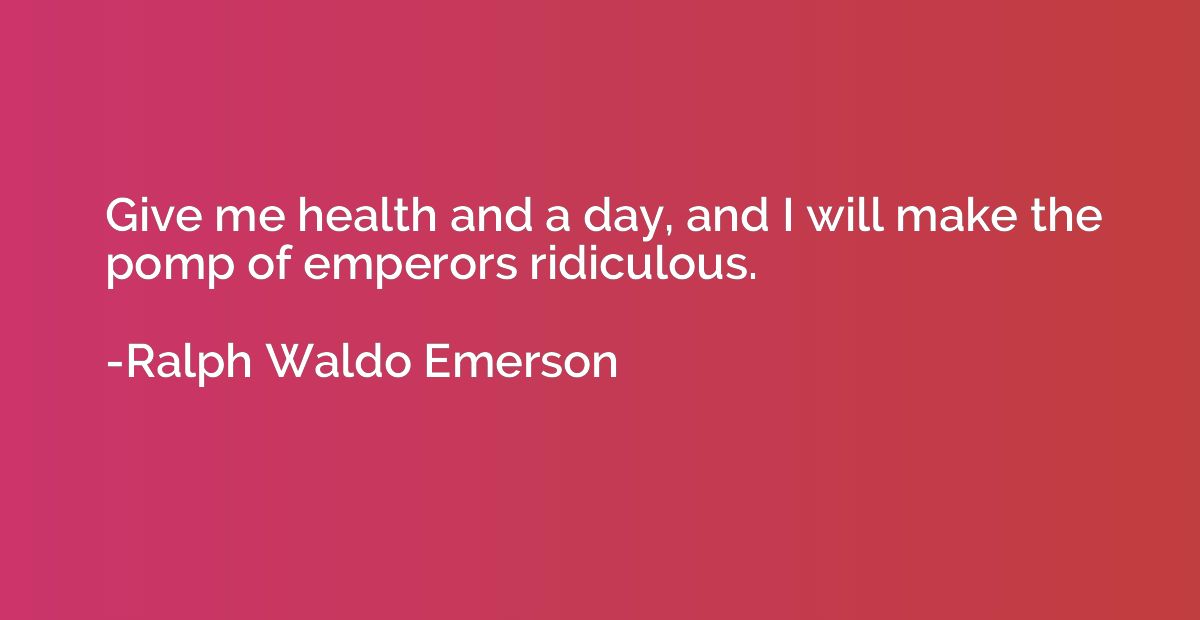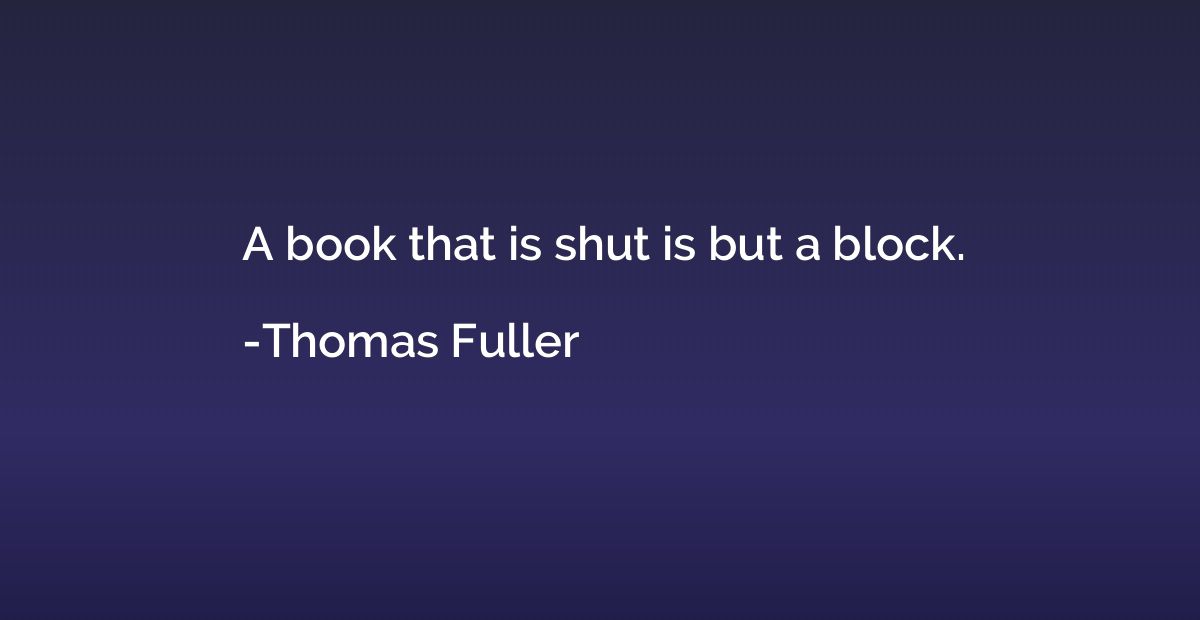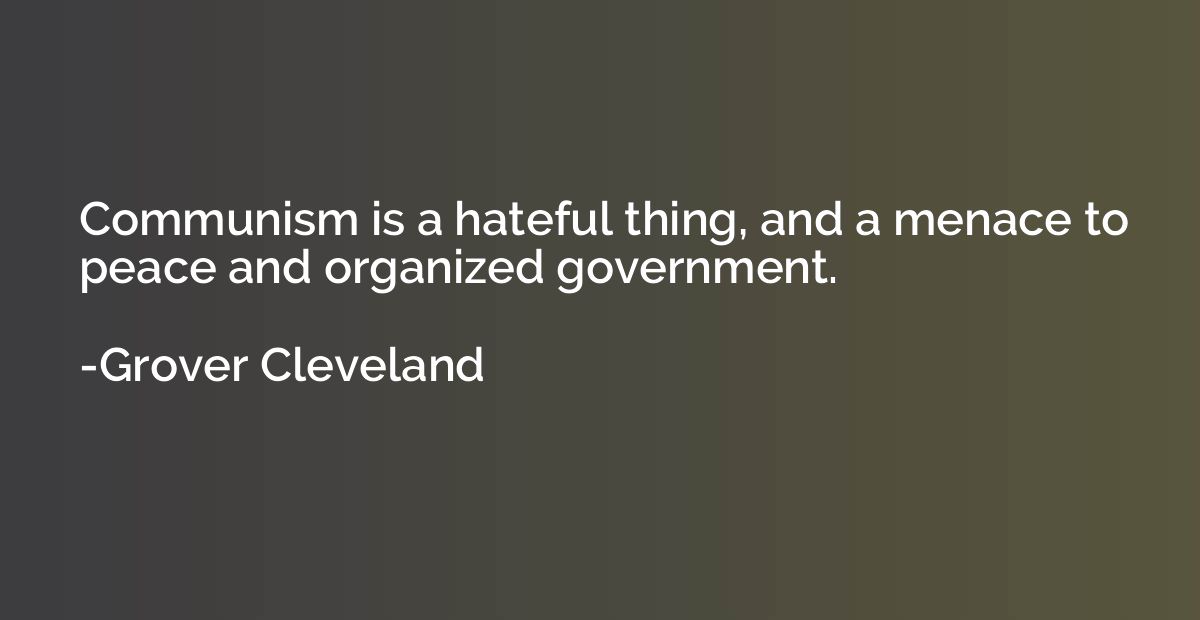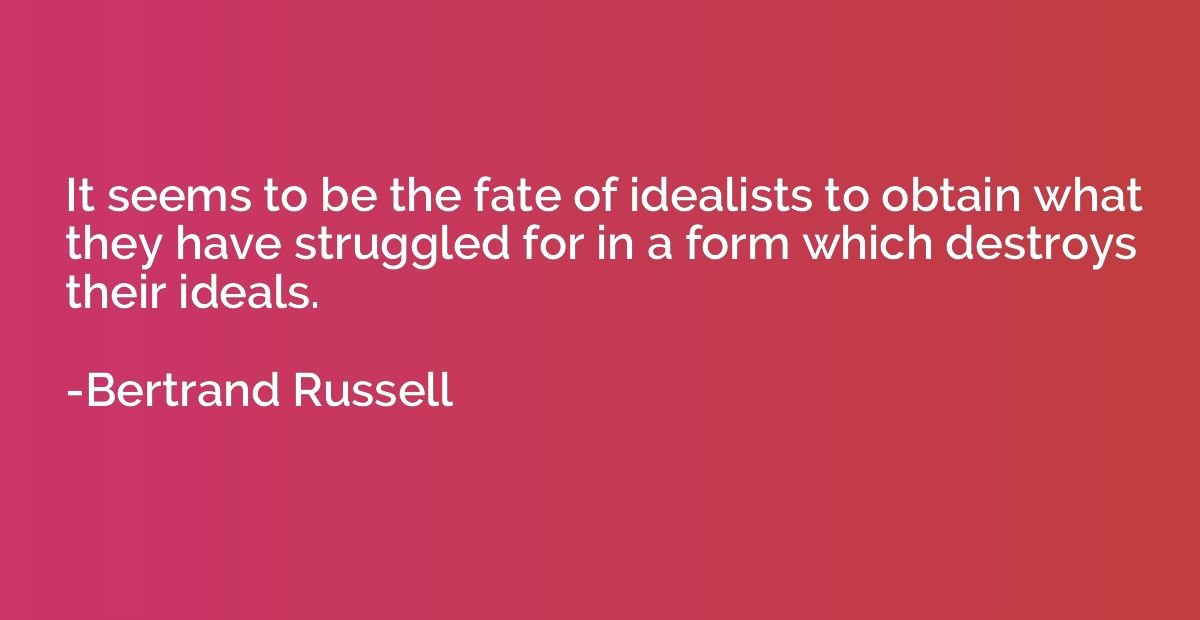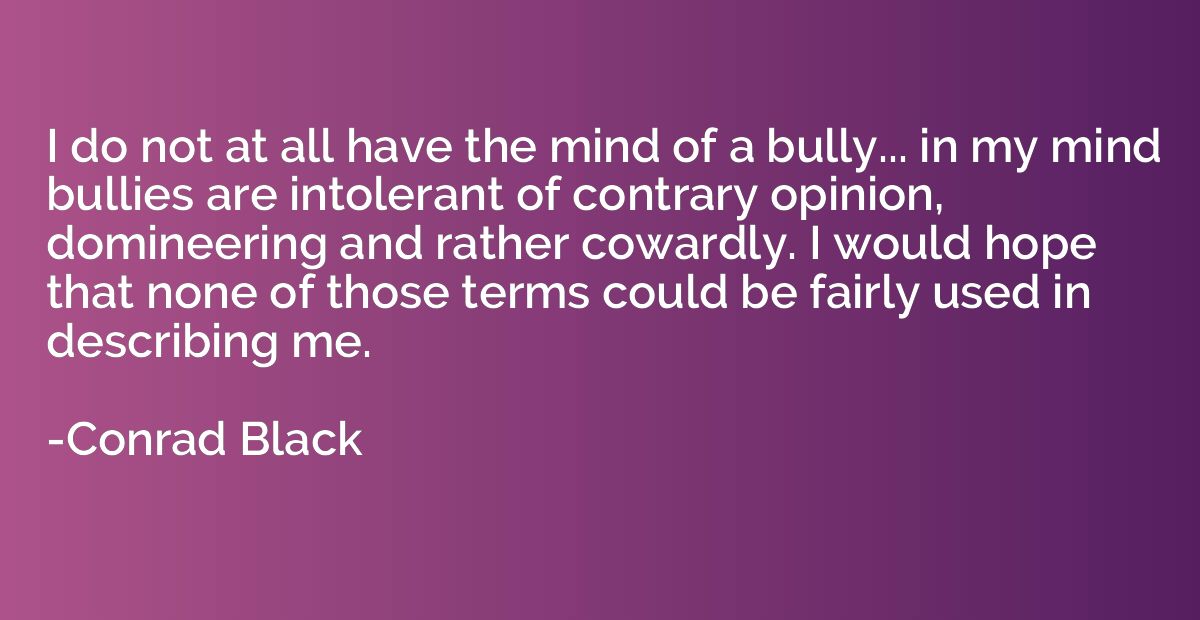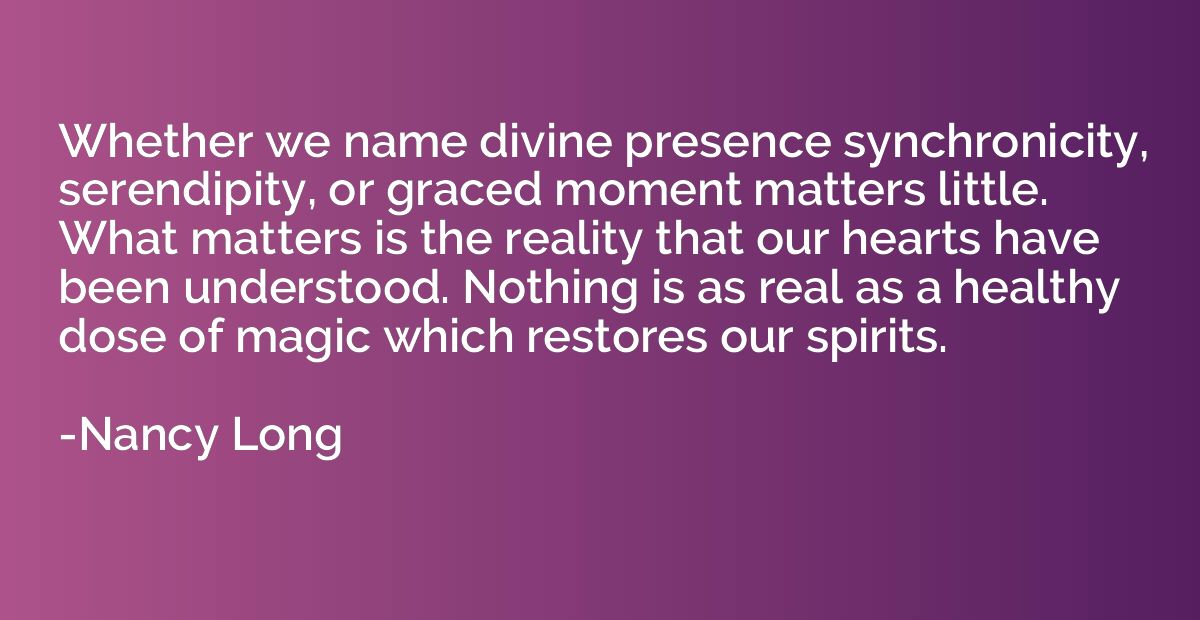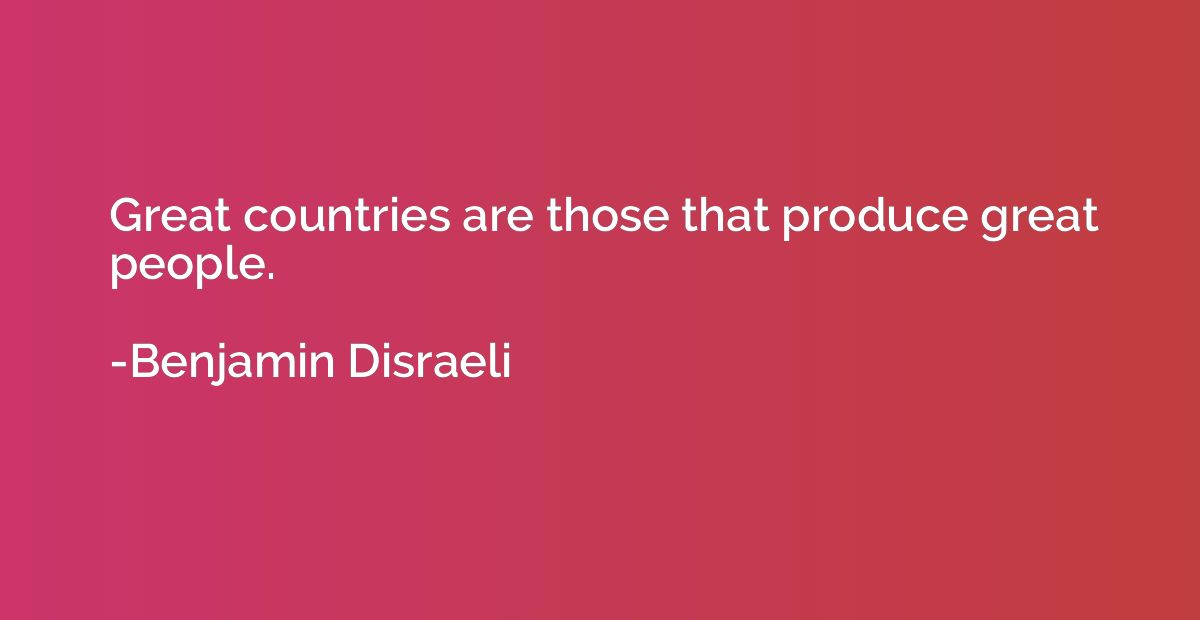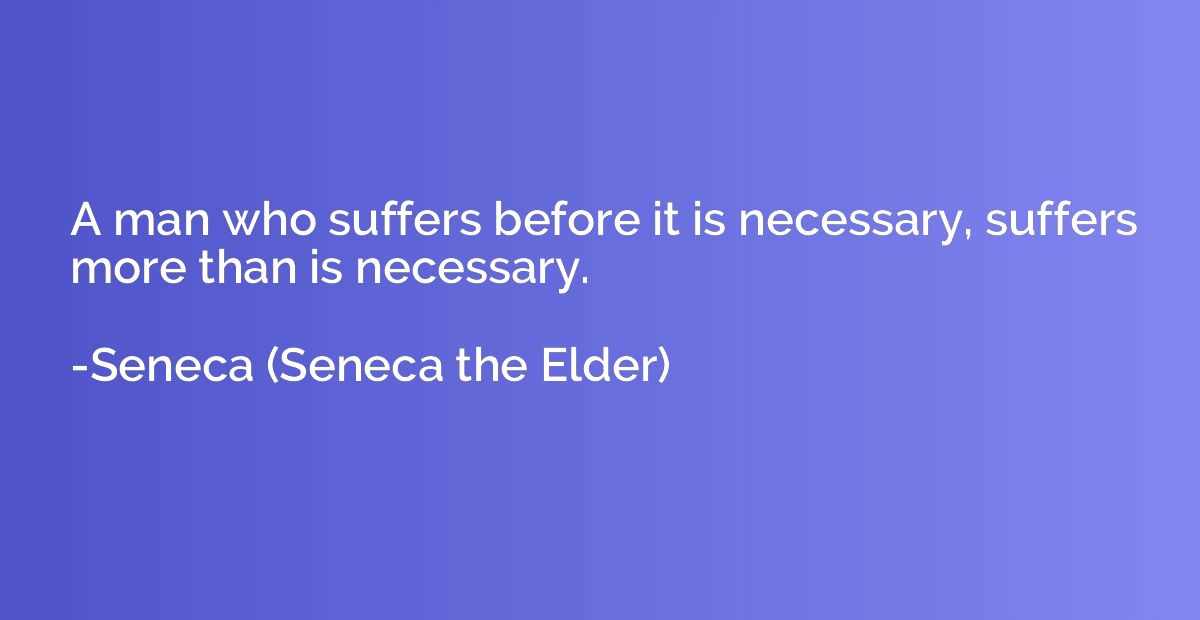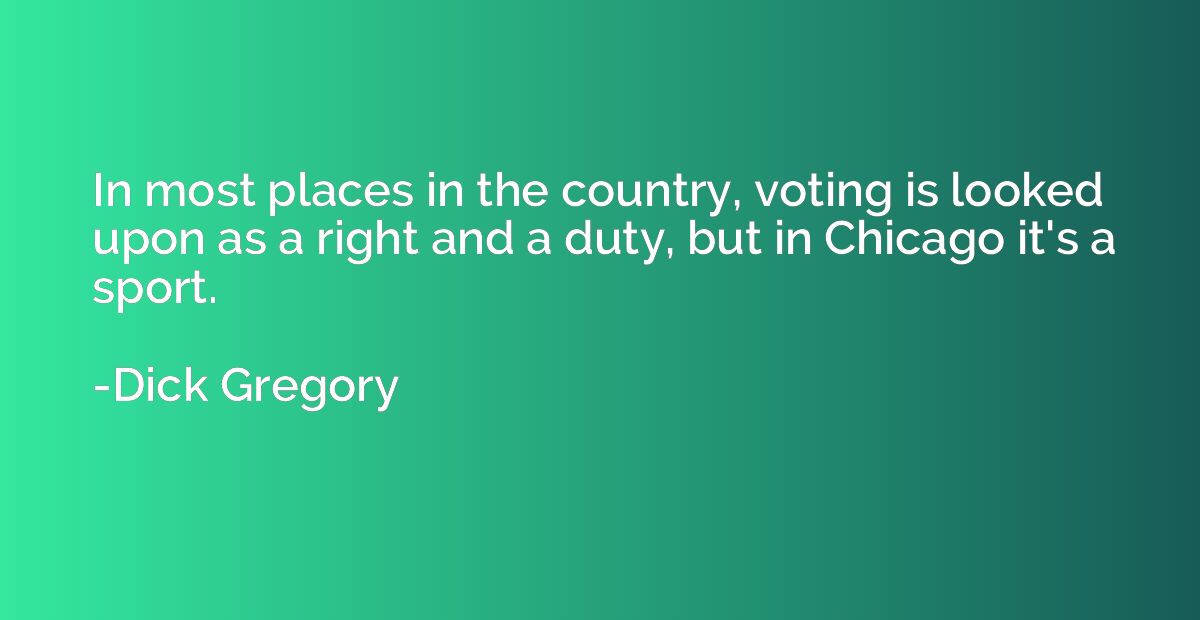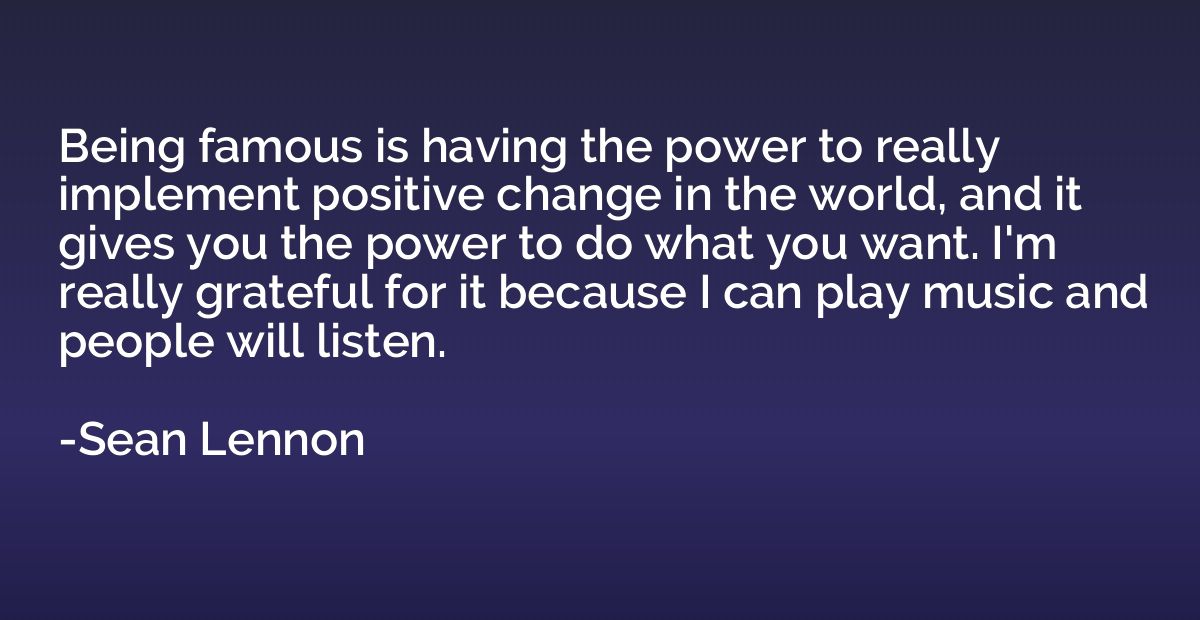Quote by Boris Yeltsin
A man must live like a great brilliant flame and burn as brightly as he can. In the end he burns out. But this is far better than a mean little flame.
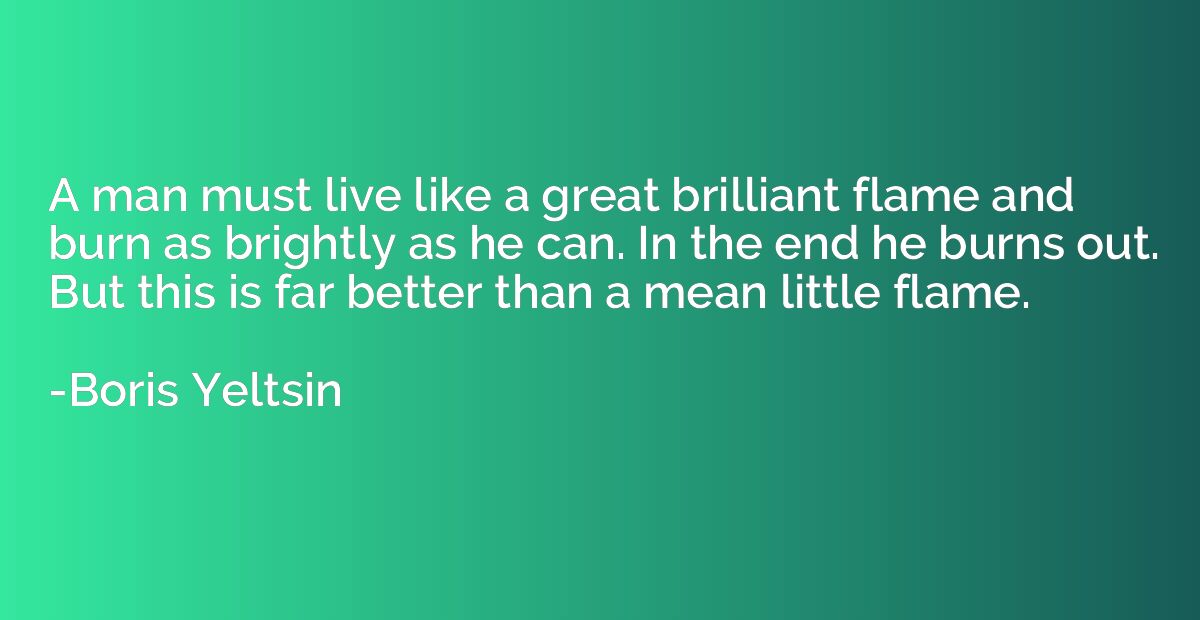
Summary
This quote emphasizes the importance of living life to the fullest and leaving a lasting impact. It suggests that rather than living a mediocre and mundane existence, one should aim to live in a way that shines brightly and fiercely. Although this may result in burning out eventually, the quote suggests that it is still preferable to a life characterized by mediocrity and insignificance. Ultimately, the quote encourages individuals to embrace the potential within them and strive to make a significant mark on the world.



